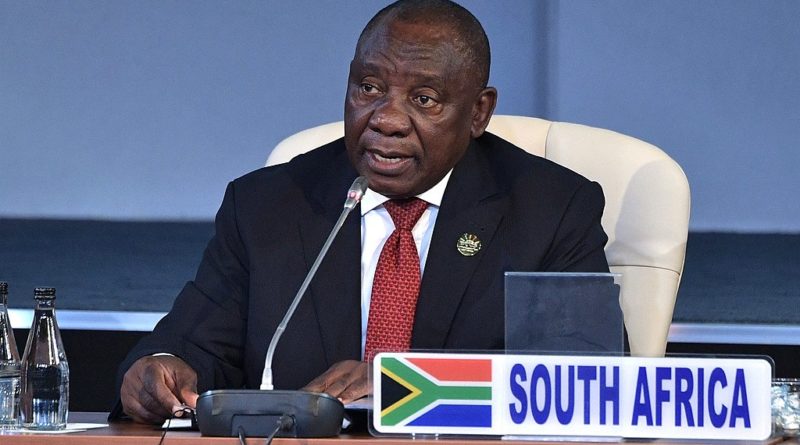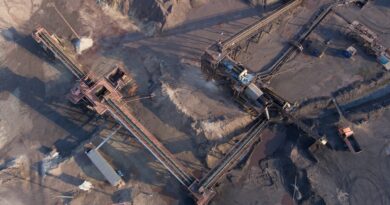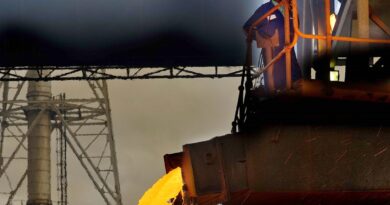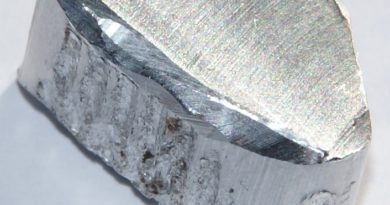Ramaphosa hits all the right notes for cooperation in mining
Johannesburg – President Cyril Ramaphosa’s speech at the Investing In African Mining Indaba noted the successes that can be achieved if the public and private sectors work together. The Minerals Council took note of the President’s commitments for his government to remove obstacles blocking growth of the mining industry and to support this critical sector of the economy.
President Ramaphosa’s comments on the second day of the conference are a welcome acknowledgment of the role South Africa’s mining industry has played in stabilising the fiscus and the country’s economy in 2021 for the second consecutive year, creating jobs in a difficult economic environment, and keeping its workforce safe during the Covid-19 pandemic since early 2020. The industry has vaccinated three quarters of 458,000 employees, making it the leading economic sector in protecting its workforce.
Cabinet ministers have similarly acknowledged how important mining’s contribution has been during the past two years.
President Ramaphosa’s speech did not shy away from the difficulties the industry faces when considering investments to sustain and grow mines, or to explore for new mineral deposits. Mining companies are in a tough operating environment, with high levels of crime, expensive and irregular electricity supplies, and logistical bottlenecks on rail and at ports costing companies and the fiscus billions of rands.
“This is a constructive and realistic speech by the State President and it has highlighted the industry’s contribution to the country,” says Minerals Council CEO Roger Baxter.
“We have a high degree of resonance between the government and the Minerals Council on the components that will shape the industry for sustainable, inclusive growth going forward.
President Ramaphosa’s commitment to reducing legal and regulatory constraints is critical,” he says.
“From our side, we will continue discussions on improving energy security and returning Transnet to a position it can deliver contracted tonnages and ultimately fill its installed capacity,” he says at the Mining Indaba in Cape Town.
President Ramaphosa acknowledged South Africa’s ranking of 75 out of mining jurisdictions in the latest Fraser Institute’s survey needed the government to respond with urgency and purpose to remove impediments to growth and development of the mining industry. The Minerals and EnergyMinister Gwede Mantashe has indicated that the DMRE will meet the Minerals Council to discuss the concerns raised by the survey and to work collaboratively to improve the perception of South Africa as an exploration and mining destination.
The Minerals Council supports and endorses the work done by Operation Vulindlela, an initiative by the Presidency and National Treasury, to drive structural and policy reforms to kickstart economic growth. The decision to allow embedded electricity generation of up to 100 MW from 1MW without needing a licence was the most important structural reform in a decade. Minerals Council members have more than 4GW of energy projects worth R65 billion that must be expedited. What is needed is a significant shortening of the timeframes related to environmental authorisation and grid tie connection processes.
Through Operation Vulindlela, the Department of Water and Sanitation is working towards resolving 80% of water use licences submitted by mining companies within 90 days down from years, President Ramaphosa said.
This is an important development for the mining industry for which water is a vital part of their operations and another instance of the government addressing the constraints delaying investments, but we also need the DMRE to clear the backlog of more than 4,000 of mining and exploration permits to unblock extra investment in exploration and mining, says Baxter.




